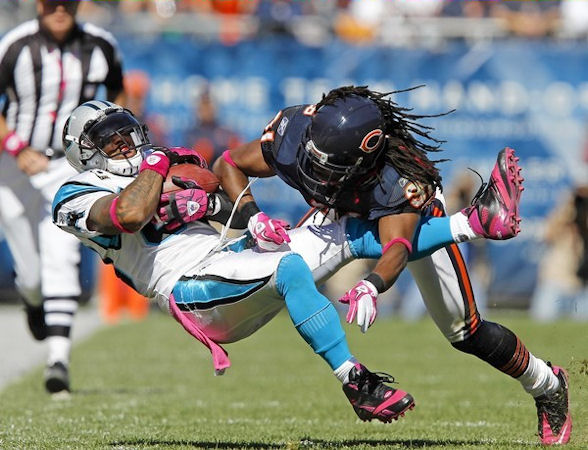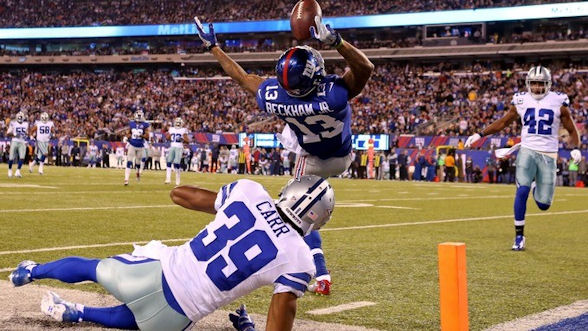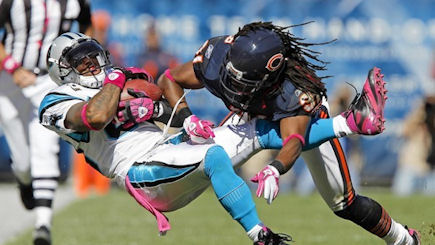Barely a month ago the booming daily fantasy sports (DFS) industry was celebrating its most successful month on record with player numbers up more than 300 percent on 2014 and predictions of a six-fold increase in revenues by 2020.
Now it is fighting for its very survival.

As WGM explained recently, the surging popularity of DFS in the United States has piqued the interest of government with questions now being asked over whether the industry should be considered a form of gambling and therefore regulated.
Since we wrote that story, five US states have banned DFS completely while three more have officially started looking into regulation. Nevada, wary of impinging on the interests of its many casinos, has issued a temporary ban.
With more states sure to follow suit one way or the other, it is certainly an uneasy time for America’s fantasy sports operators – none more so than DraftKings and FanDuel. The industry’s two most dominant forces can take credit for the sudden surge in DFS after a massive advertising blitz in the lead-up to the current NFL season that saw them spend a combined US$100 million in September alone.

Their spending spree paid off at first with the number of users soaring ever higher for each of the first five weeks of the season, but having now lost access to those first few states numbers have fallen slightly for each of the past three weeks. Needless to say, losing more states would be a disaster.
It seems certain that the days of fantasy sports sites self-regulating are now well and truly over with the new found profile of DraftKings and FanDuel in particular having revealed justifiable concerns regarding their fairness and transparency under the current model. A regulatory framework is now the only path forward. Yet this in itself could bring the party to an end.
The worst case scenario for DFS would be the federal government taking over responsibility from the individual states. Were they to then determine DFS constituted a form of gambling, it would come under the umbrella of the Professional and Amateur Sports Protection Act of 1992 and therefore be limited to operating in the four US states where sports betting is legal. Game over.
The more attractive option for DFS is to let each state decide for itself, but we only need to look at the frighteningly similar example of online poker to realize what this could mean. Effectively banned from operating in the USA in 2011, the fight to resuscitate online poker via regulation has proved largely fruitless with only three states having officially given it the green light in the four years since. DFS can’t afford a delay of that magnitude.

As it turns out though, the killer blow for DFS may come not from the lawmakers but from the very athletes upon which this flourishing business is based on. In one of the great examples of kicking a man while he is down, Washington Redskins wide receiver Pierre Garçon filed a class-action lawsuit against FanDuel last Friday on behalf of all NFL players for the use of his name and likeness in advertisements and in contests.
Should Garçon prove successful in seeking financial compensation, it would open the door for every other player rostered to one of the NFL’s 32 teams to follow suit – all 1,696 of them! That’s a can of worms neither FanDuel nor DraftKings needs right now.
It was Sunday 11 October, just 23 days ago, that these two sites enjoyed their biggest weekend ever with a record 7.5 million entries and US$45.6 million in entry fees. But rather than a preview of bigger things to come, it could instead be a record that is never broken.







